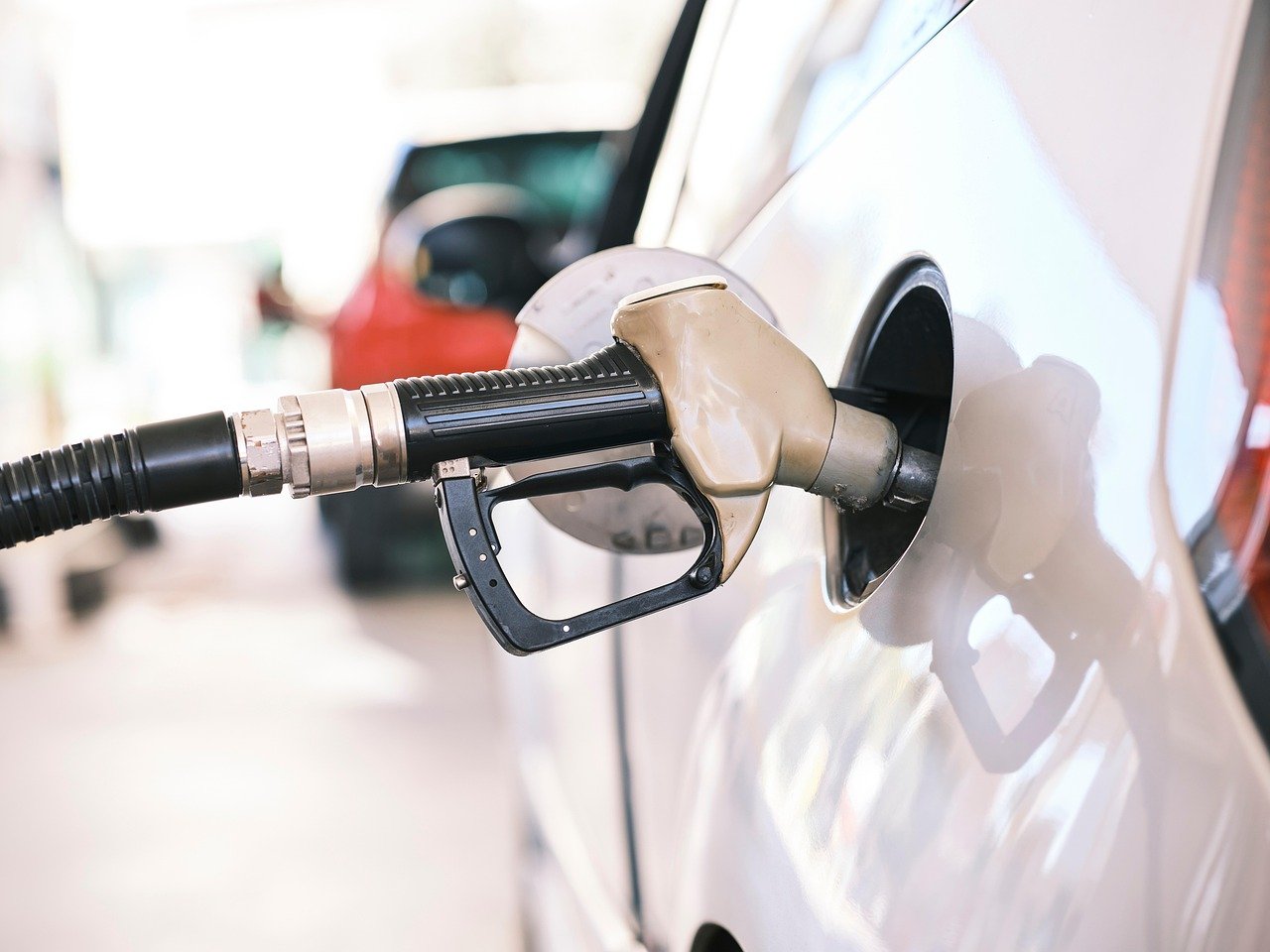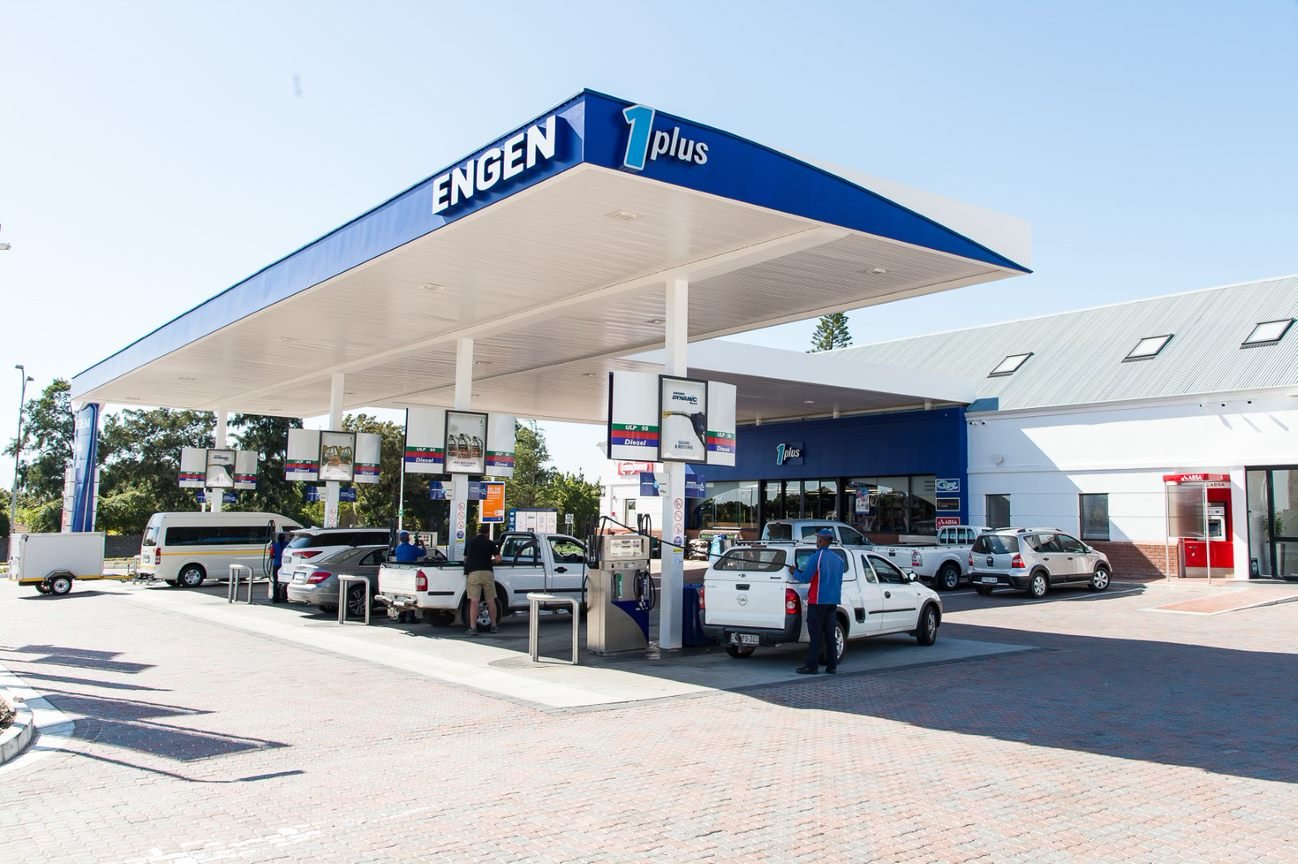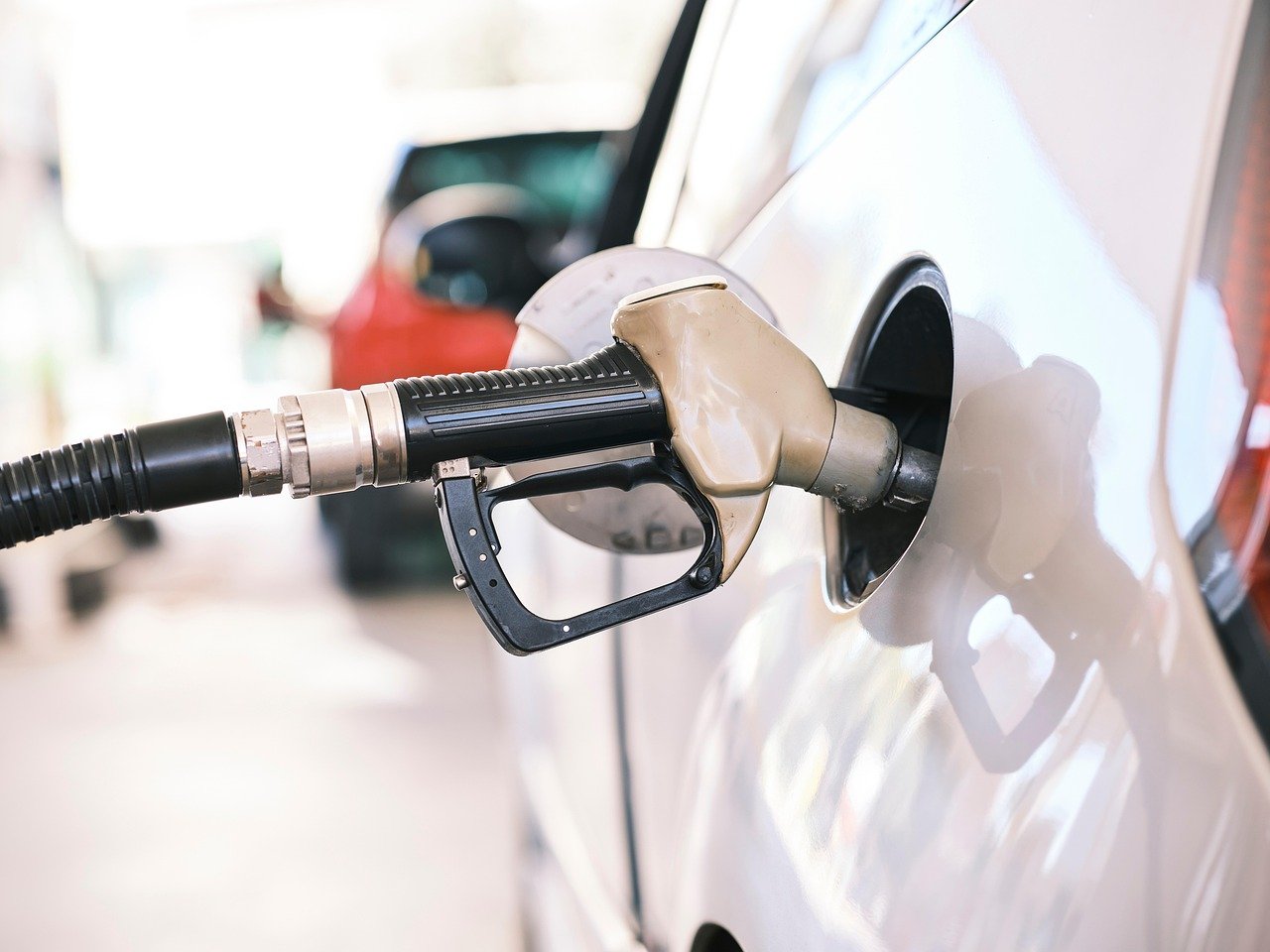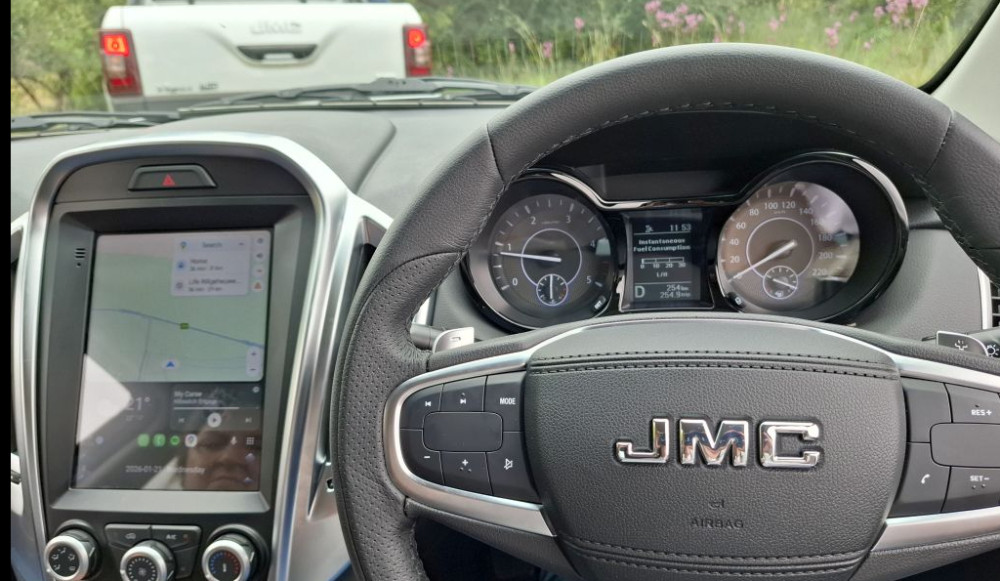South Africa’s fuel industry is facing growing scrutiny amid reports of contaminated petrol and diesel causing engine damage across the country. Motorists, mechanics and industry experts have raised concerns about the quality of fuel available at certain service stations, with some pointing to a pattern of engine failures linked to poor-quality or adulterated fuel.
Recent incidents suggest contaminated fuel may be more widespread than previously acknowledged. The South African Petroleum Industry Association (SAPIA) maintains fuel sold at licensed outlets meets the mandatory South African National Standards (SANS). However, independent tests and consumer complaints tell a different story. Some motorists have reported sludge-like residue in fuel tanks, clogged injectors and unexplained engine knock—symptoms often associated with contaminated or substandard fuel.

Get the best possible deal on a fuel-efficient pre-owned car - click here
One possible explanation is the presence of water or particulate matter in fuel storage tanks, which can occur due to poor maintenance at service stations. Another concern is the illegal practice of fuel adulteration, where cheaper substances like paraffin or solvents are mixed with petrol or diesel to increase profit margins. While regulators conduct routine inspections, the sheer volume of fuel distributed makes it difficult to monitor every batch.
The consequences of contaminated fuel can be severe. Modern engines, especially those with high-precision fuel injection systems, are particularly vulnerable. Repair costs for damaged fuel pumps, injectors, or catalytic converters can run into thousands of rands, leaving motorists frustrated and out of pocket.

Starting or running a small business and in need of a bakkie – click here
The Automobile Association (AA) has advised drivers to be vigilant, recommending they refuel at reputable stations and keep receipts in case of fuel-related issues. Some workshops have also noted an increase in cases where warranty claims are denied because manufacturers attribute engine damage to poor-quality fuel rather than mechanical failure.
The Department of Mineral Resources and Energy (DMRE) oversees fuel quality standards, but enforcement remains inconsistent. SAPIA has emphasised major oil companies adhere to strict quality controls, suggesting contamination may occur further down the supply chain—either during transport or at independent fuel depots.
In response to complaints, the National Regulator for Compulsory Specifications (NRCS) has conducted sporadic raids on service stations, occasionally finding non-compliant fuel. However, without a more robust monitoring system, the risk of contaminated fuel entering the market persists.
To address these challenges, industry stakeholders have called for stricter penalties for non-compliance, better testing protocols, and greater transparency in fuel sourcing. Consumers, meanwhile, are urged to report suspicious fuel quality to authorities and seek professional assessments if their vehicles show signs of fuel-related damage.

Looking for a safe car for a student then click here
While South Africa’s fuel supply is generally reliable, the growing reports of contamination highlight gaps in oversight that need urgent attention. Without decisive action, motorists may continue to face unnecessary expenses—and the reputation of the country’s fuel industry could suffer long-term harm.
For now, vigilance remains the best defence against poor-quality fuel. Whether through tighter regulations or improved consumer awareness, addressing this issue will require cooperation between government, industry, and the public.
Colin Windell for Colin-on-Cars in association with
proudly CHANGECARS












